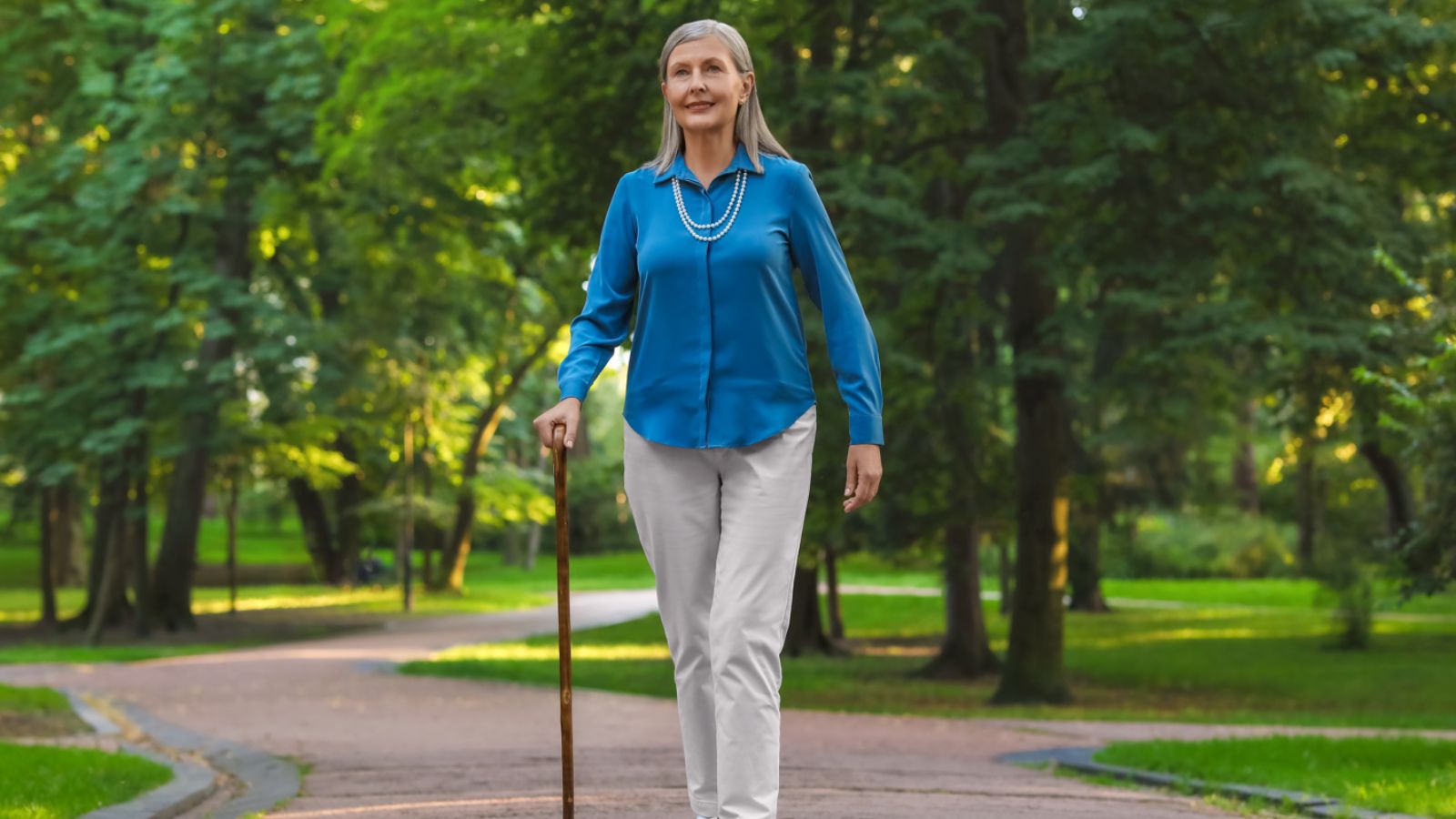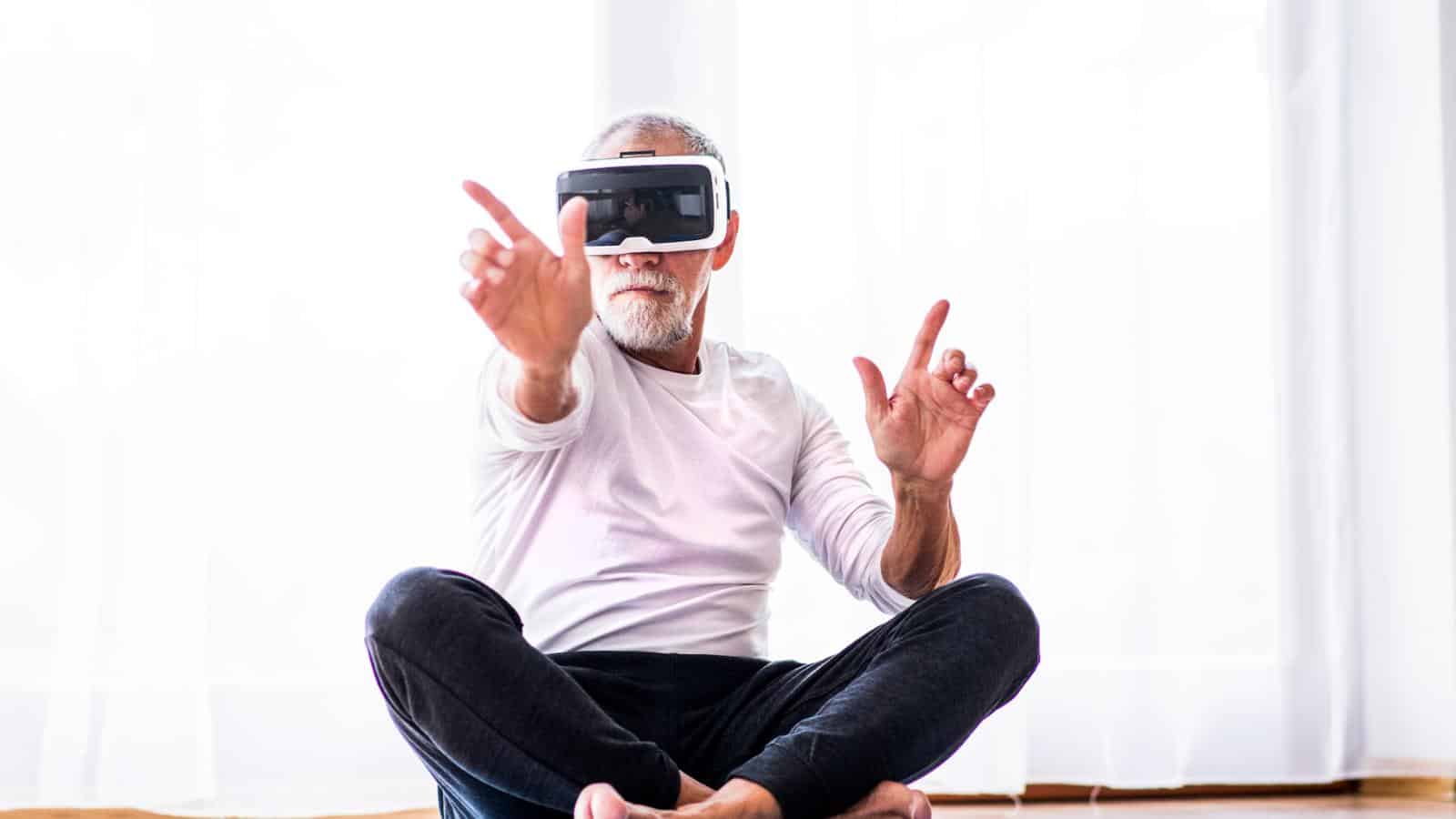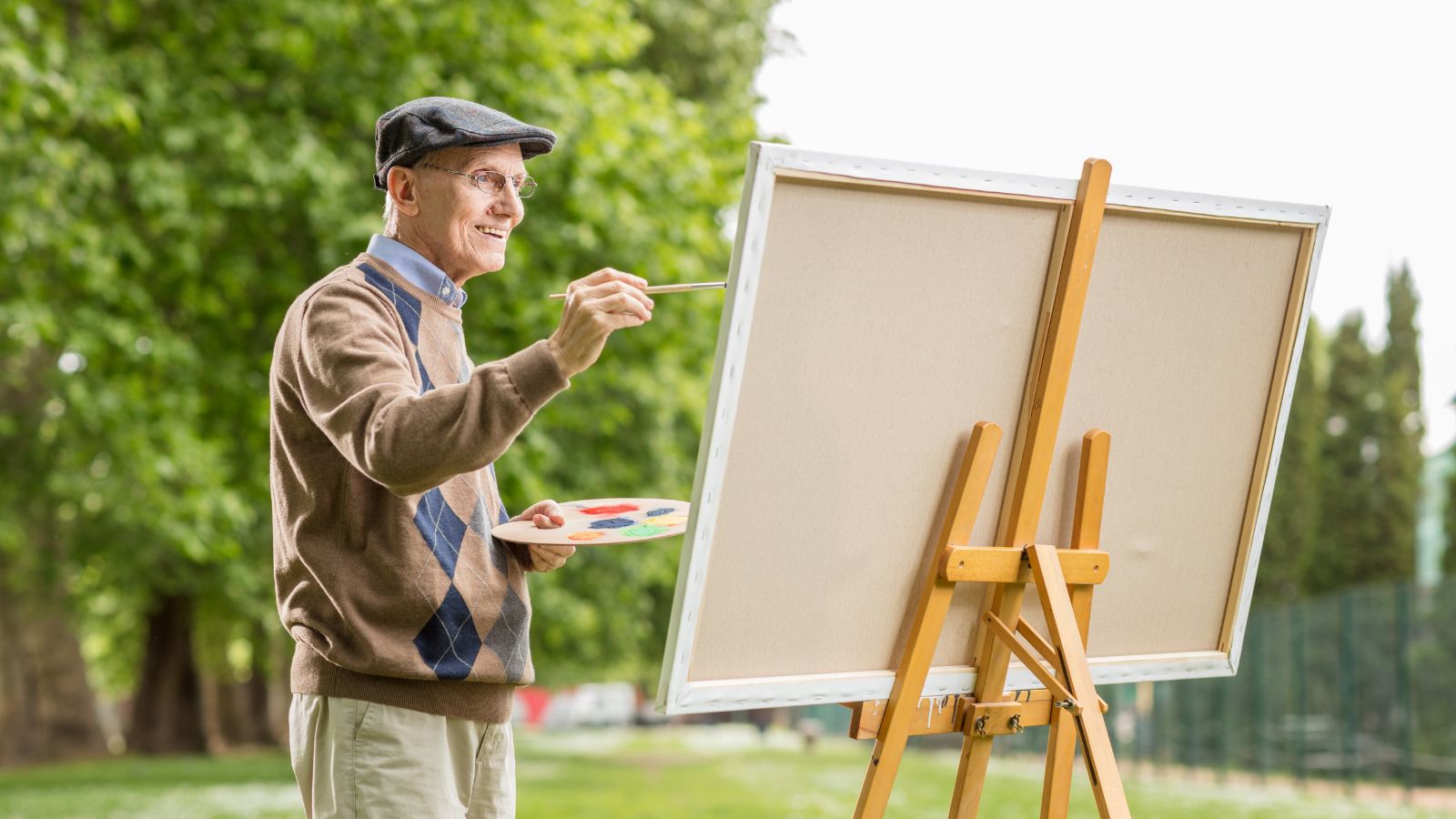Aging is a natural process that everyone experiences, and there’s no denying that it comes with obstacles. However, many of these obstacles are surrounded by misconceptions that can shape our perceptions and choices in a negative way. These myths can lead to unnecessary stress, fear, and even unhealthy behaviors, so let’s dispel 18 of the most persistent and harmful myths about aging.
Aging Means Losing All Your Strength

It’s common to believe that aging automatically means losing physical strength. However, regular exercise, particularly strength training, can help maintain and even improve muscle mass and strength well into later years. You’ll need to stay active to achieve this, although, as the NHS points out, this will benefit you in countless physical and mental ways.
Older Adults Can’t Learn New Skills

Aging is often incorrectly linked with an inability to learn new things, which just isn’t true. In reality, the brain remains capable of forming new connections and adapting to new information throughout life. Continuous learning and mental stimulation can keep cognitive functions sharp, proving that aging doesn’t close the door to acquiring new skills.
Memory Loss is Inevitable

Many people assume that memory loss is an unavoidable part of getting older. While it’s true that some cognitive changes occur with age, significant memory decline isn’t a given. As long as you engage in regular mental exercises, stay socially active, and maintain a healthy lifestyle, you should be able to preserve your memory well into old age.
Aging Means Poor Health

Just because you’re getting older does not mean that you will immediately start developing chronic illness and poor health. Many older adults remain healthy and active by focusing on preventive care, balanced nutrition, and regular exercise. Health in old age often reflects lifestyle choices made earlier in life, so it’s never too late to start taking care of yourself.
Older Adults Are Less Productive

The notion that older adults are less productive or can’t contribute effectively in the workplace is another harmful myth that is all too common. Many older workers bring valuable experience, stability, and wisdom to their roles. Obviously, productivity isn’t solely tied to age, so just ignore anyone who says this.
Aging Makes You Unhappy

Another myth about aging that is actually really harmful is that aging leads to unhappiness. This is nonsense; in fact, research suggests that life satisfaction often increases with age. Older adults often report greater emotional stability, healthier coping mechanisms, and a stronger sense of purpose, leading to a fulfilling and happy life even in later years.
Aging Causes a Loss of Sexual Interest

It’s commonly believed that sexual interest fades as people age, but while physical changes might occur, many older adults continue to have active and satisfying sex lives. Open communication with partners and healthcare providers, as well as addressing any physical concerns, can help maintain intimacy and sexual health in older age.
Older Adults Are a Burden on Society

One of the most offensive myths on this list is that older adults are a drain on society’s resources. This is an outrageous claim because, in reality, many seniors contribute significantly to their communities and families, often through volunteer work, caregiving, or sharing their accumulated wisdom.
Aging Means Giving Up Independence

There’s a common fear that aging equates to losing independence, but you shouldn’t worry so much about this. Many older adults live independently and manage their daily lives well. Advances in healthcare, assistive technologies, and community support services allow individuals to maintain their independence longer than ever before, debunking this myth.
Older Adults Are Not Tech-Savvy

It’s easy to assume that older adults can’t adapt to new technology, but it’s just not true. Many seniors increasingly use smartphones, social media, and other digital tools to stay connected and informed, which is wonderful to see. Ultimately, with proper support and education, older adults can become as proficient with technology as any other age group.
Aging Means Becoming Irrelevant

Unfortunately, society often thinks that aging makes people irrelevant or out of touch when, in actuality, older adults often hold valuable knowledge, experience, and perspectives that are highly relevant. In various cultures and professions, the wisdom of elders is sought after and respected, so we Brits should really take a leaf out of their books.
Older Adults Can’t Change Their Lifestyles

Some people think it’s too late for older adults to adopt healthier habits, which is a ridiculous thought. All this thought does is discourage positive changes like quitting smoking, improving diet, or starting an exercise routine. It’s never too late to make changes that improve health and well-being, even in later years, so why spread such negative rumors?
Aging Leads to Loneliness

While there’s no denying that loneliness can be a concern for some older adults, it’s not an inevitable part of aging. Many seniors maintain strong social networks, engage in community activities, and continue forming new relationships. The key to this is simply to stay socially active, which many seniors do so successfully, perhaps even more so than the younger generation.
Older Adults Are Set in Their Ways

The stereotype that older people are resistant to change is greatly oversimplified. While it’s true that some older people might become cautious of new experiences, many are very open to them. Life experience often teaches flexibility and adaptability, allowing older adults to embrace change, so claiming that this is impossible is a sweeping generalization.
Aging Means You Can’t Enjoy Life

As you may have gathered by now, the myth that aging diminishes the ability to enjoy life is just rubbish. Many older adults find deep satisfaction in hobbies, travel, family, and personal interests. At the end of the day, they have more time to focus on what they love, and therefore, many report higher levels of happiness and contentment as they age, disproving this negative assumption.
Older Adults Are Less Creative

Thankfully, creativity doesn’t disappear with age; in fact, many individuals find that their creative expression flourishes in later life. Whether through writing, art, music, or other forms of creativity, older adults often have more time and freedom to explore their talents, leading to new creative achievements.
Aging Leads to Cognitive Decline

As we briefly mentioned earlier, there’s a persistent belief that aging automatically leads to cognitive decline. While some cognitive changes are inevitable with age, significant decline isn’t always a guarantee. Mental activities, social engagement, and a healthy lifestyle can all help maintain cognitive health, allowing many older adults to retain their sharp mental faculties.
Older Adults Have Nothing Left to Offer

Perhaps most important of all, the idea that older adults have nothing to offer society is plain harmful and inaccurate. They bring a wealth of experience, knowledge, and skills that benefit communities, workplaces, and families. Valuing and respecting the contributions of older individuals enriches society as a whole and challenges this damaging myth.

